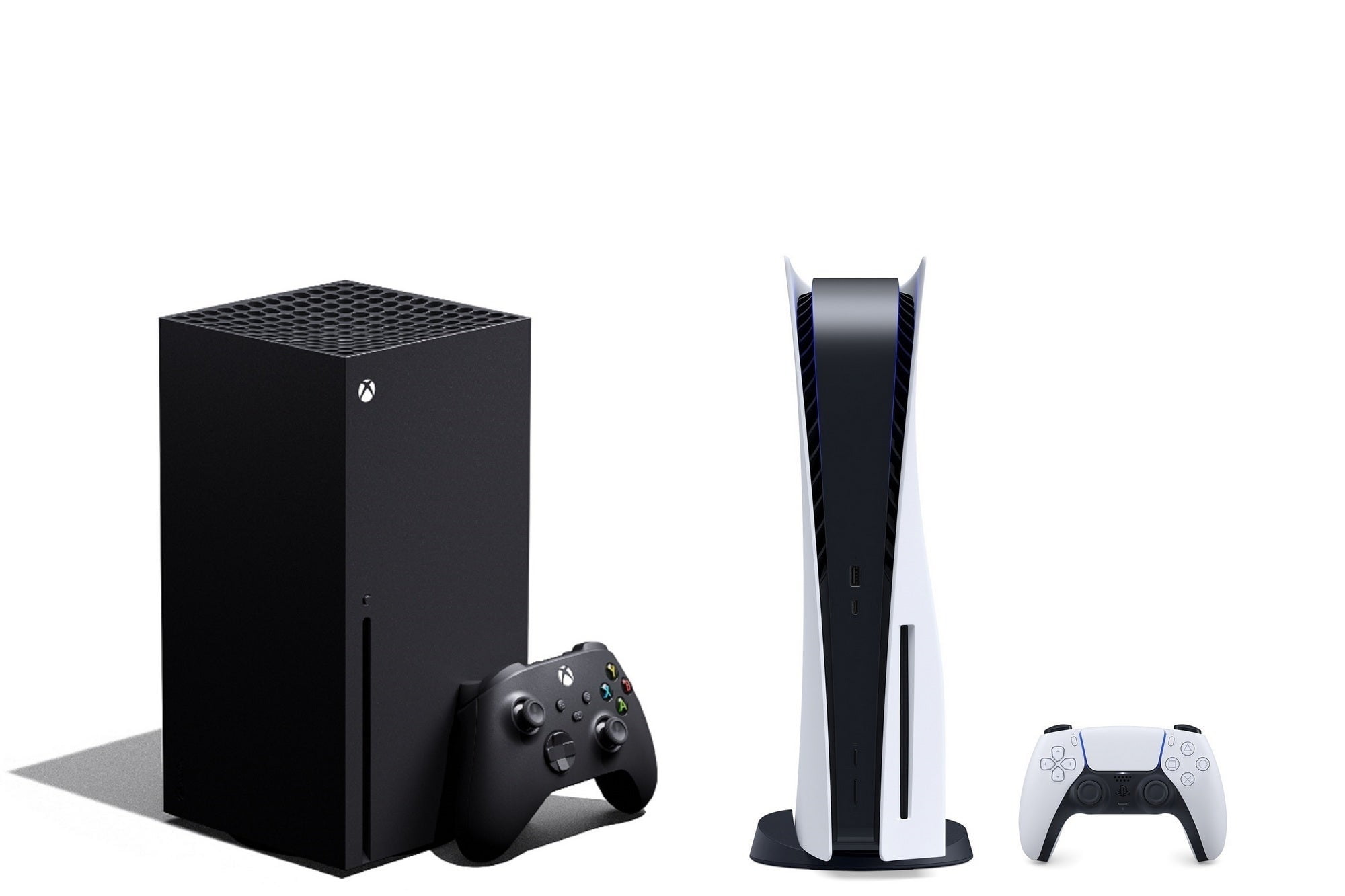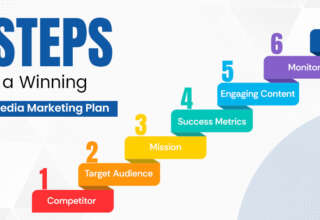
Social media addiction should be considered a disease, MPs have said, in a sign of the pressures facing technology companies and the growing concern over the impact social networks are having on users’ mental health.
The politicians called for further research on the effects of social media but said a report suggested there was good reason to believe sites such as Facebook, Instagram and Twitter – which are constantly competing for users to spend more time on their platforms – could be having a corrosive effect on children.
“It is paramount that we protect young people to ensure they are kept safe and healthy when they are online,” said the MPs, who believe the government should urgently fund long-term studies to see whether a clinical definition for social media addiction should be introduced.
The report was compiled by the all-party parliamentary group on social media and young people’s mental health and wellbeing, made up of MPs who have an interest in the topic. The report was written with the assistance of the Royal Society for Public Health (RSPH) charity, which endorsed its findings following a series of evidence hearings.
For an individual to be diagnosed as having gaming disorder the WHO suggests an individual should have shown significant impairment in personal, family, social, educational, or work lives due to computer games for at least 12 months. The MPs suggest a similar definition could apply to individuals who struggle with excessive social media use, if research found this was justified.
The report also calls on the UK government to issue formal health guidance on how those aged 24 and under can avoid excessive social media use. It also backs calls for social media companies to be forced to share anonymised data with researchers to help understand the impact of their products on young people.
The group, chaired by Labour’s Chris Elmore and the Conservative William Wragg, recognised that social media had brought many benefits to society, including improved access to information on public health. However, the MPs want a 0.5% levy on social media networks’ profits to fund research, educational initiatives and establish clearer guidance for the public.
Concerns about the impact of social media on the mental health of children has increased substantially in recent years, especially after a campaign led by the parents of 14-year-old Molly Russell, who took her own life in 2017. Her father has claimed Instagram “helped kill” his daughter, prompting the social network to ban graphic self-harm images on its site.
Shirley Cramer, the chief executive of the RSPH, said: “This inquiry clearly highlights the serious and very real concerns of a variety of experts and young people. The overarching finding is the need for social media companies to have in place a duty of care to protect vulnerable users and the need for regulation which would provide much-needed health and safety protection for what is a lawless digital playground.”
She said extra research should be prioritised “to improve our understanding of the health harms, as well as benefits, from social media on our generation of digital natives, and that this research should be supported by industry itself”.
The report also acknowledges a growing awareness of the tactics employed by tech companies to encourage repeated use of their services. The MPs said the government should look at “which design aspects of social media platforms are inherently detrimental to young people’s mental health and wellbeing”.
The Department for Digital, Culture, Media and Sport said: “The government will soon publish a white paper which will set out the responsibilities of online platforms, how these responsibilities should be met and what would happen if they are not. An internet regulator, statutory ‘duty of care’ on platforms, and a levy on social media companies are all measures we are considering as part of our work.”
When democracy and data privacy…
… come under threat, we must keep challenging those who undermine it. It’s been a year since The Observer and The Guardian broke the story that became the Cambridge Analytica scandal, exposing the truth and shedding light on the reality of foul play within the tech industry. We saw how personal data could be harvested on an unprecedented scale to fulfill the ambitions of the powerful. Through this courageous investigative reporting, we shamed Facebook, and prompted a global conversation about the importance of data privacy, holding tech companies to account and pressuring governments to enact regulation.
The Guardian is committed to continuing this vital work; we will keep persevering, uncovering and challenging those with so much power in the tech industry. This has never been so pressing: we’re living in a time when the integrity of our democracy and the legitimacy of our votes are in question. Political campaigns reside in our many digital feeds and, with each year, this will become ever more prominent. The world needs journalism that promotes transparency and investigates where others won’t go. Reader support means The Guardian can keep investigating the critical issues of our time.
The Guardian is editorially independent, meaning we set our own agenda. Our journalism is free from commercial bias and not influenced by billionaire owners, politicians or shareholders. No one edits our editor. No one steers our opinion. This is important as it enables us to give a voice to those less heard, challenge the powerful and hold them to account. It’s what makes us different to so many others in the media, at a time when factual, honest reporting is critical.
Every contribution we receive from readers like you, big or small, goes directly into funding our journalism. This support enables us to keep working as we do – but we must maintain and build on it for every year to come.
[“source=theguardian”]








